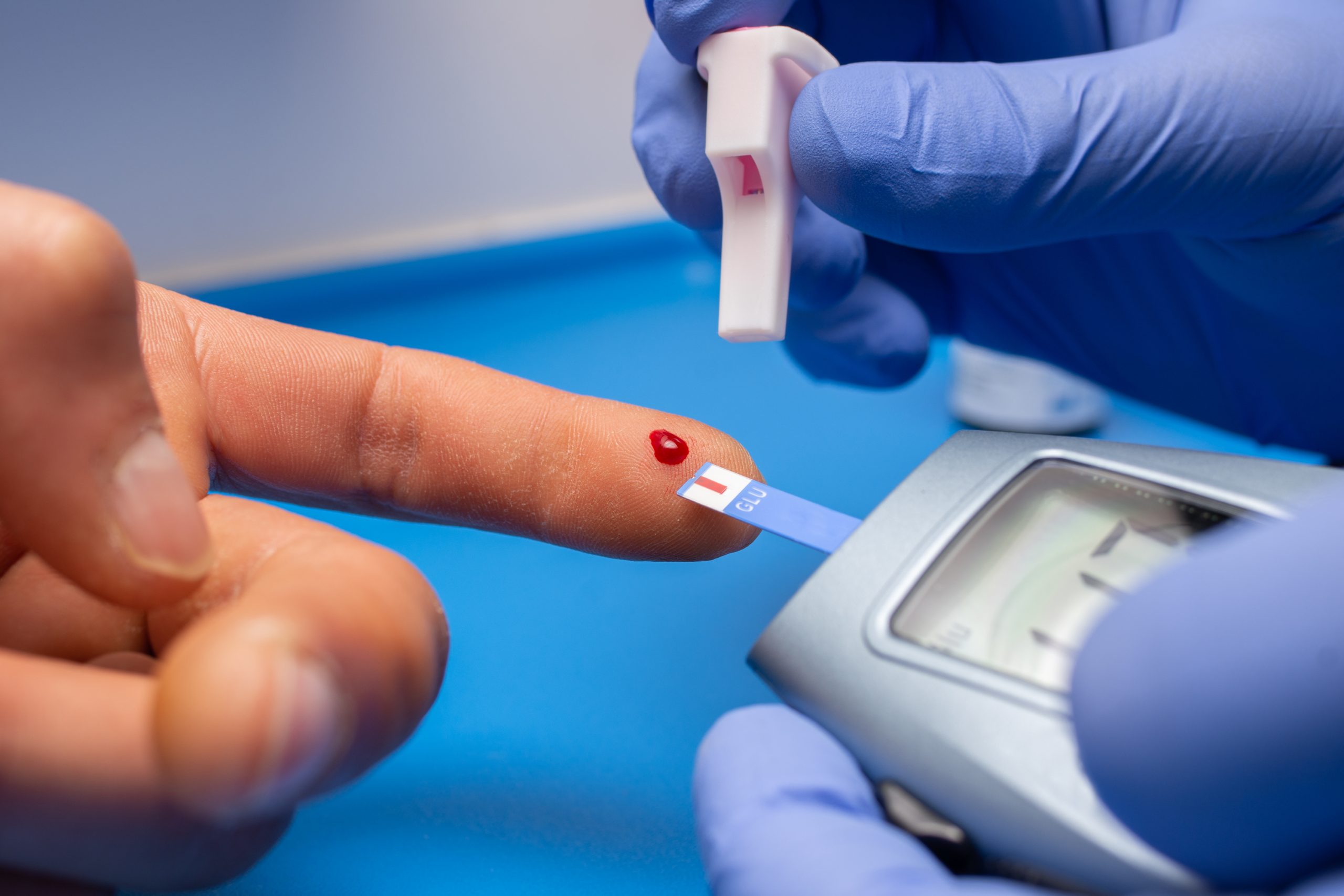

Before and following an epileptic seizure, blood levels of immune proteins are found to be greater, according to Swedish researchers from Lund University. A straightforward blood test can be used to identify potential biomarkers. Epilepsy diagnosis now requires a lot of resources, and separating it from other disorders can be difficult. Therefore, there is an urgent need for better techniques for epilepsy diagnosis to be used as soon as the patient seeks medical attention following a suspected seizure.
The term “epilepsy” refers to all aberrant brain activity that results in momentary loss of motor and behavioral control. Depending on whatever section of the brain the episode starts in or extends to, the disorder might be hereditary, be caused by a tumor, stroke, or infection in the brain, and result in quite diverse symptoms.
A seizure can also be triggered by immune-mediated inflammation processes in the body.
The quest for potential epilepsy biomarkers inside the immune system began as a result. There have been previous studies to make epilepsy diagnosis simpler, however, the findings have been inconsistent and challenging to interpret:
“In our study, we have a carefully selected group of participants and we have a lot of background information on each person. We have also taken into account a number of confounding factors that may affect the immune system such as other neurological and immunological illnesses, infections, and various psychiatric conditions,” says Christine Ekdahl Clementson.
She is a consultant in clinical neurophysiology at Skne University Hospital as well as a group leader and associate professor at Lund University. Her area of expertise is cutting-edge epilepsy research, and she is the study’s principal investigator. The research team has also contrasted psychogenic non-epileptic seizures with epileptic seizures.
A mental condition known as psychogenic seizure presents as clinical symptoms that are frequently mistaken for epilepsy. It is a chronic illness that is frequently treated with epilepsy medications in error since it is thought to be underdiagnosed. Because of this, it is crucial to be able to tell the circumstances apart more quickly.
“The investigation to establish whether someone is suffering from epilepsy or is affected by psychogenic seizures is resource intensive. It may require the patient to be admitted to the hospital for several days with constant video and EEG surveillance, with medical staff on hand around the clock. It is hard on the patient that it takes time to reach a diagnosis,” says Marie Taylor, physician, and doctoral student in the research team.
Researchers discovered that levels of five inflammation markers—proteins—were elevated acutely in people who had experienced an epileptic seizure.
“We call these markers ‘fingerprints’ since they involve several inflammation-related proteins with different reaction patterns. The patients who had epilepsy showed raised levels of one of the five proteins—IL-6—even before their seizures, a value that transiently raised even further directly after the seizure,” says Marie Taylor.
However, the biomarkers remained the same in patients with psychogenic seizures. This may imply that a quick blood test can determine whether the immune response is high in a patient who has just had a seizure and has arrived at A&E. If it isn’t, the likelihood that it is a psychogenic seizure increase, giving a first hint as to how the patient should be evaluated further.
“The next stage is to repeat our studies on a broader and less homogenous patient group, where we investigate the ‘fingerprint’ in adults with epilepsy. We also want to see whether the biomarkers respond in the same way in children, where the causes of epilepsy are more often genetic. We are doing this through an ongoing study in Lund, in collaboration with child and adolescent psychiatry as well as pediatric neurology,” Christine Ekdahl Clementson concludes.
The study is published in the journal Heliyon.
more recommended stories
 Nanoplastics in Brain Tissue and Neurological Risk
Nanoplastics in Brain Tissue and Neurological RiskKey Takeaways for HCPs Nanoplastics are.
 AI Predicts Chronic GVHD Risk After Stem Cell Transplant
AI Predicts Chronic GVHD Risk After Stem Cell TransplantKey Takeaways A new AI-driven tool,.
 Red Meat Consumption Linked to Higher Diabetes Odds
Red Meat Consumption Linked to Higher Diabetes OddsKey Takeaways Higher intake of total,.
 Pediatric Crohn’s Disease Microbial Signature Identified
Pediatric Crohn’s Disease Microbial Signature IdentifiedKey Points at a Glance NYU.
 Nanovaccine Design Boosts Immune Attack on HPV Tumors
Nanovaccine Design Boosts Immune Attack on HPV TumorsKey Highlights Reconfiguring peptide orientation significantly.
 High-Fat Diets Cause Damage to Metabolic Health
High-Fat Diets Cause Damage to Metabolic HealthKey Points Takeaways High-fat and ketogenic.
 Chronic Brain Compression Triggers Neuron Death Pathways
Chronic Brain Compression Triggers Neuron Death PathwaysKey Takeaways Chronic brain compression directly.
 Acute Ischemic Stroke: New Evidence for Neuroprotection
Acute Ischemic Stroke: New Evidence for NeuroprotectionKey Highlights A Phase III clinical.
 Needle-Thin Brain Implant for Layer-Specific Brain Research
Needle-Thin Brain Implant for Layer-Specific Brain ResearchKey Takeaways Researchers have developed a.
 Statins Rarely Cause Side Effects, Large Trials Show
Statins Rarely Cause Side Effects, Large Trials ShowKey Points at a Glance Large.

Leave a Comment